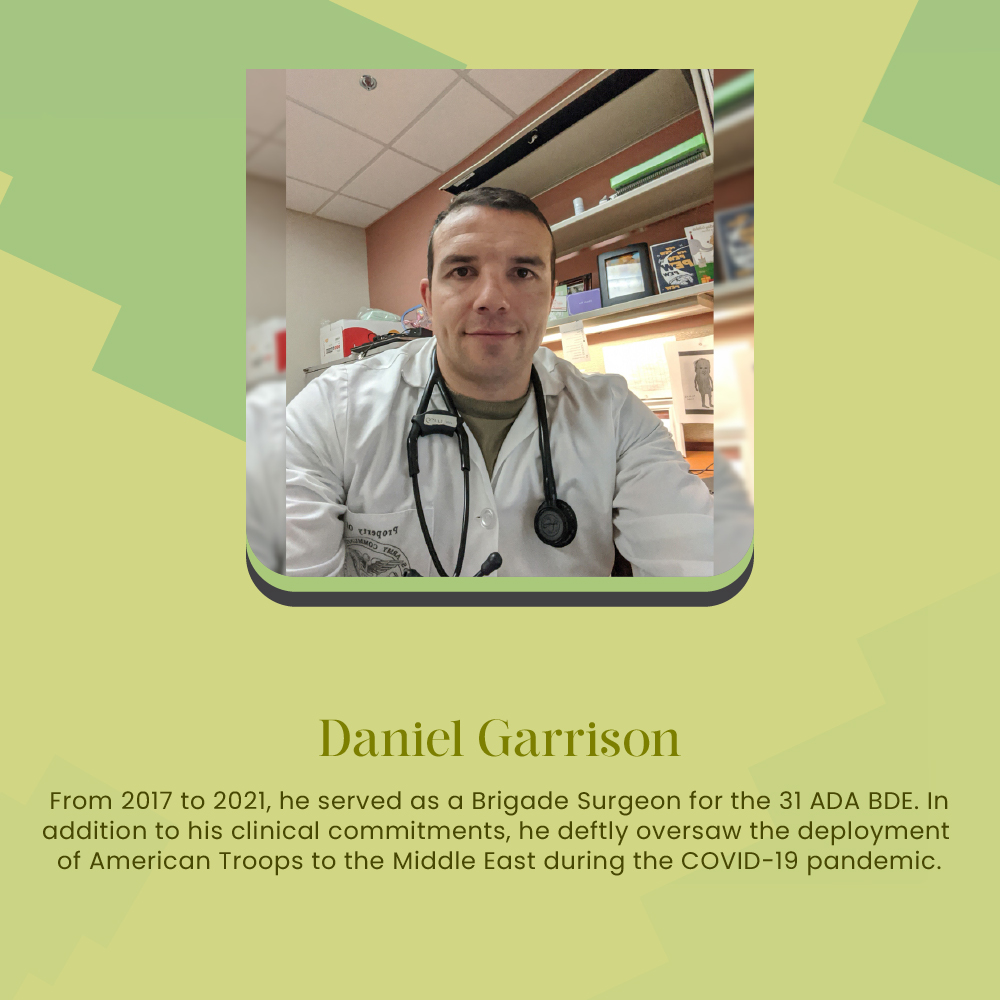
In today’s healthcare environment, patient education has transcended beyond pamphlets and prescriptive advice to become a foundational element of adequate care. Empowering patients through education not only fosters a deeper understanding of their health conditions but also equips them to make informed decisions about their treatment options. This shift towards a more educated patient base is transforming the healthcare landscape, promoting better outcomes, and enhancing patient autonomy.
The Shift Towards Informed Health Decisions – Role of Education
Healthcare has increasingly moved from a paternalistic model to a more patient-centered approach. This model emphasizes the importance of treating patients as partners in their care. Educated patients are better able to engage in meaningful conversations with their healthcare providers, ask pertinent questions, and express concerns about their treatment plans. By understanding the complexities of their conditions and the rationale behind different treatments, patients can actively participate in their care, leading to greater satisfaction and adherence to treatment protocols.
Understanding Patient Education – Role of Education
Patient education involves providing health information in an accessible and understandable format that encourages patients to play an active role in managing their health. This education can cover a wide range of topics, including:
Disease Information: Understanding the disease process and what to expect can help patients cope with their conditions.
Treatment Options: Knowledge about the benefits and risks associated with different treatment strategies allows patients to make choices that align with their values and preferences.
Self-Care Techniques: Teaching patients how to manage symptoms and medication side effects effectively can improve their quality of life.
Preventive Practices: Educating patients on how to prevent illness or complications can lead to better health outcomes.
Methods of Delivering Patient Education – Role of Education
The delivery of patient education has evolved with advances in technology and the diversification of learning preferences. Here are some effective methods:
Personal Consultations: Face-to-face education during clinical visits remains a core method. These interactions provide a direct opportunity for patients to ask questions and for providers to gauge understanding.
Group Education Sessions: These sessions can be beneficial, especially for managing chronic diseases. They allow patients to learn from healthcare providers and share experiences with others facing similar health challenges.
Printed Materials and Handouts: These traditional tools are helpful for patients who prefer to have physical copies of information that they can review at their leisure.
Digital Platforms: Online resources, videos, apps, and social media offer dynamic ways to reach a broader audience and can provide interactive and personalized education.
Telehealth: Remote education via telehealth has become increasingly significant, especially in reaching underserved populations or those who are unable to attend in-person sessions due to physical limitations.
The Impact of Patient Education on Healthcare Outcomes
Educating patients about their health has profound impacts on healthcare outcomes:
Improved Compliance and Adherence: Patients who understand the reasons behind their medical regimens are more likely to adhere to treatment plans. Education is indispensable in modern healthcare because it empowers patients about their health.
Reduced Anxiety and Enhanced Empowerment: Knowledge tends to reduce anxiety by demystifying health conditions and treatment processes. Empowered patients feel more in control of their health, which can be remarkably empowering.
Better Health Outcomes: A well-informed patient is likely to notice symptoms earlier and seek medical advice promptly, which can lead to earlier interventions and better health outcomes. While the benefits are clear, effective patient education faces challenges. Education is indispensable in modern healthcare because it empowers patients about their health.
Efficient Use of Healthcare Resources: When patients are educated about when and how to seek care, there tends to be a reduction in resource misuse, such as unnecessary visits to emergency rooms.
Challenges and Considerations
While the benefits are clear, effective patient education faces challenges. These include literacy levels, language barriers, cultural differences, and varying degrees of receptivity to medical advice. Tailoring educational approaches to meet patients’ diverse needs is crucial for the success of any patient education program. Education is indispensable in modern healthcare because it empowers patients about their health.
Education is indispensable in modern healthcare because it empowers patients about their health. By investing in comprehensive patient education strategies, healthcare providers can enhance patient engagement, improve compliance, and foster better health outcomes. Education not only empowers patients with the knowledge needed for making informed health decisions but also strengthens the patient-provider relationship, making it a pivotal element in the advancement of patient-centered care.